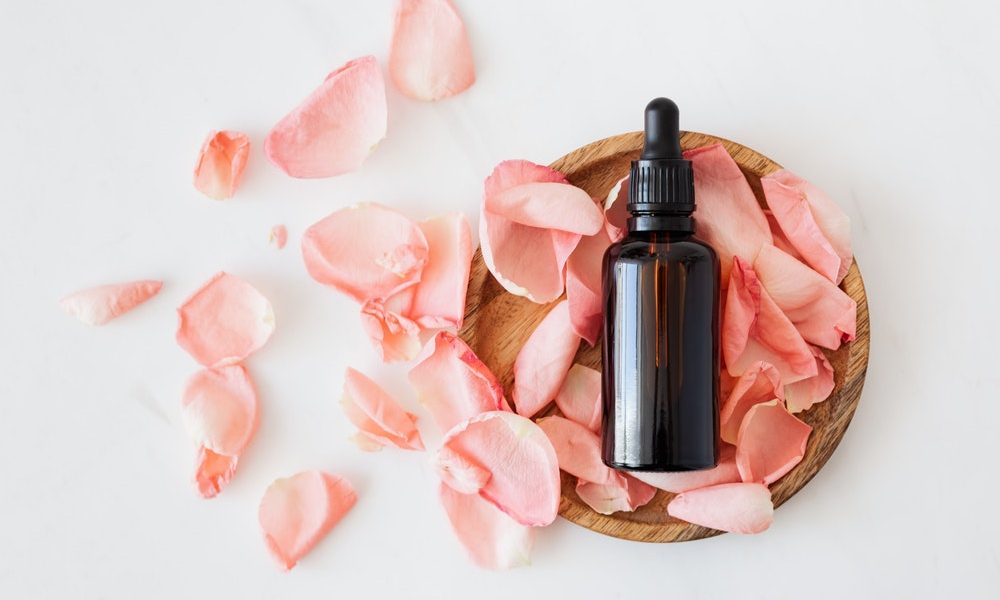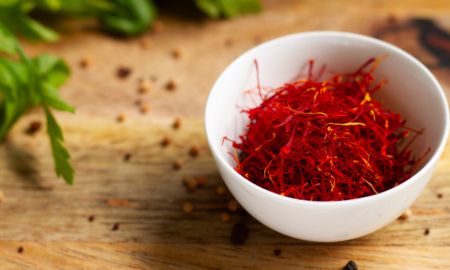
Best Essential Oils For Colds And Congestion And How To Use Them

Essential oils are a popular natural treatment. People use them to relieve sinus congestion, unblock a stuffed nose, and promote sinus drainage. Essential oils are made by extracting and concentrating oils from plants. Plants have phytochemicals that can have many health benefits.
As more bacteria become resistant to antibiotics, some researchers are looking for a solution by studying essential oils’ antiviral and antibacterial properties. Here’s what to know about using them for a cough or a respiratory tract infection.
Essential oils for medical purposes
There are many causes for someone to cough, including the common cold, flu, or chest infection. Essential oils may help to soothe the throat, reduce inflammation, and clear away mucus.

Mareefe/ Pexels | Diffusing essential oils can actually help increase the atmospheric oxygen in a room
The medical community views essential oils as a complementary alternative therapy rather than a medical treatment. These oils should be used with caution, as there are no approved guidelines about dosage or strength.
Peppermint oil
Peppermint oil contains menthol. This compound may affect the mucus receptors in the nose, helping to open the airways and clear mucus. Peppermint oil contains menthol. This compound may affect the mucus receptors in the nose, helping to open the airways and clear mucus. Studies show that peppermint may fight bacteria, especially one that triggers sinus congestion. Peppermint also helps to reduce inflammation and treat the infection.
A person can try making a steam bath by placing a few drops of the oil in a bowl of warm water and breathing in the steam for a few minutes until the stuffiness and other symptoms subside. Alternately, a diffuser can fill the air with this essential oil.
Eucalyptus essential oil
Eucalyptus essential oil can be used to calm a cough in several ways. A person may want to try adding a few drops of eucalyptus oil to 1 ounce of carrier oil and rubbing the mixture onto the chest and throat or diluting eucalyptus oil in boiling water and inhaling the steam. Eucalyptol has an antimicrobial effect and fights off bacteria that cause illness. Oil from eucalyptus fruit had the most antibacterial activity, even against some drug-resistant bacteria. The product also helps reduce inflammation, relieve pain, and ease muscle tension resulting from a cold or flu.

Anna Shvets/ Pexels | Less than 1 percent of the entire plant species population, produces essential oil
How to Use Essential Oils to Treat Coughs
Essential oils are used as part of aromatherapy. You can inhale them in a number of ways:
Straight from the bottle
This is the simplest method. Just open the bottle and take some deep breaths.
Steam inhalation
Fill a bowl with hot water and add a few drops of essential oils. Bend your head over the bowl, put a towel over your head and the bowl, and breathe deeply.
Evaporation
Put a few drops on a cotton ball and inhale as the oil evaporates.

Pixabay/ Pexels | It wasn’t until the 20th century that the term “aromatherapy” was used
Diffuser
A diffuser releases small particles of oil into the room. Mix water and essential oils and turn on the diffuser to use it. The instructions will tell you what water-to essential-oil-ratio to use.
Apply topically
Don’t put essential oils directly on your skin. Instead, dilute them first with another oil like jojoba or coconut oil. You can put the mixture in a roller bottle to make it easier to use.
More inMedicare
-
`
Are Popular Diet Trends Actually Good for Your Heart?
Diet trends grab headlines every year, promising everything from glowing skin to dramatic weight loss. But when it comes to the...
July 30, 2025 -
`
Why Are Men Taller Than Women? New Genetic Study Finds Clue
For centuries, the average height difference between men and women has been noticeable—men generally stand about five inches taller. While environment...
July 23, 2025 -
`
How Upcycled Beauty Ingredients Are Reshaping the Industry’s Future
The beauty industry is going through a big shift — and it’s not just about trends. As waste problems grow and...
July 17, 2025 -
`
A Look Inside Faith Kipyegon’s Groundbreaking Mile Run in Paris
Last week in Paris, Faith Kipyegon returned to a place she knows well: Stade Sébastien Charléty. But this time, she wasn’t...
July 9, 2025 -
`
Dairy Is Making a Major Comeback — And Health Shoppers Are Loving It
Just a few years ago, dairy sat quietly in the back seat while plant-based alternatives took the spotlight. Now, it’s stepping...
July 4, 2025 -
`
Does Aging Cause Dental Problems?
Aging doesn’t automatically mean losing teeth or developing gum disease. In fact, older adults today are holding onto more of their...
June 25, 2025 -
`
How Upcycled Ingredients Are Shaping the Future of Cosmetics
What used to end up in bins or compost heaps is now finding a new life inside skincare bottles and beauty...
June 18, 2025 -
`
Rock Legend Rod Stewart Trains to Break Sprint Record at 80
Age isn’t slowing Rod Stewart down. Known worldwide for his legendary voice, stadium-filling tours, and timeless hits like “Maggie May”, the...
June 11, 2025 -
`
The Truth Behind Detox Diets – Health Boost or Risky Trend?
It’s hard to scroll through your feed without seeing someone sipping green juice with promises of instant energy, glowing skin, and...
June 3, 2025














You must be logged in to post a comment Login